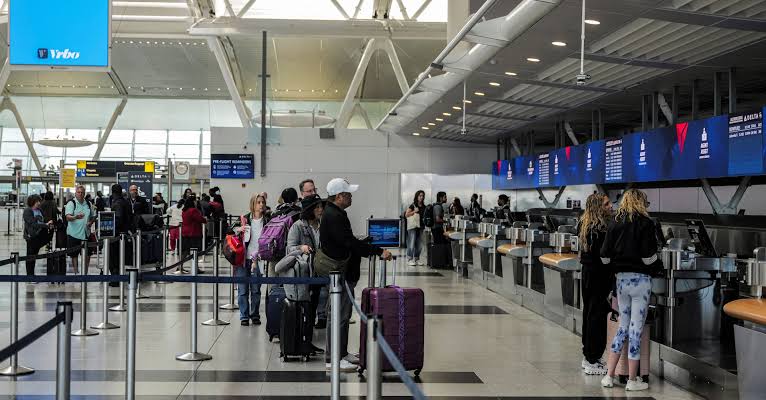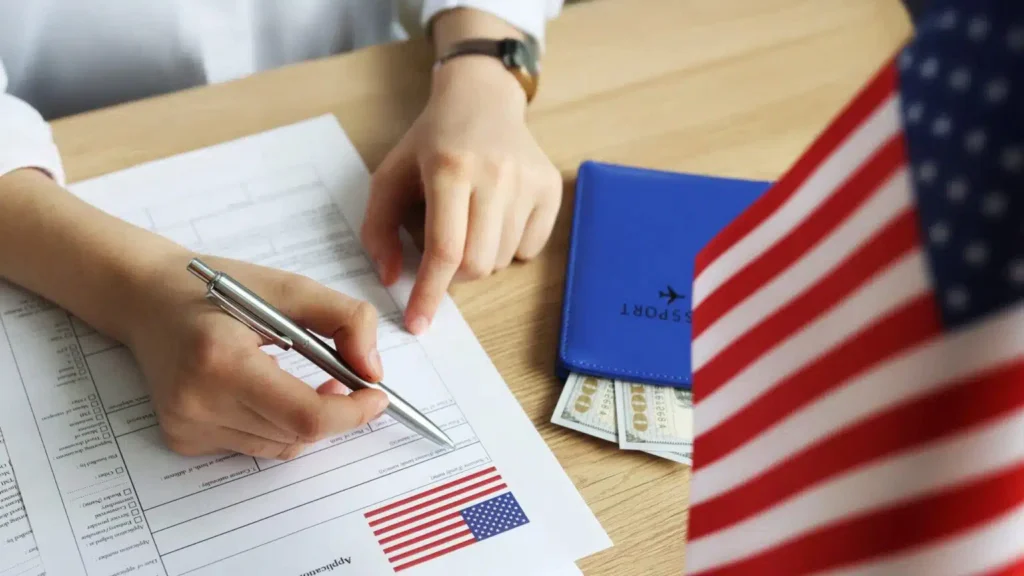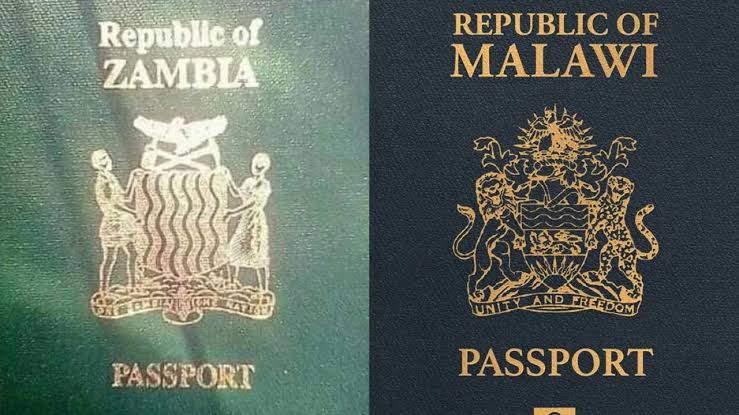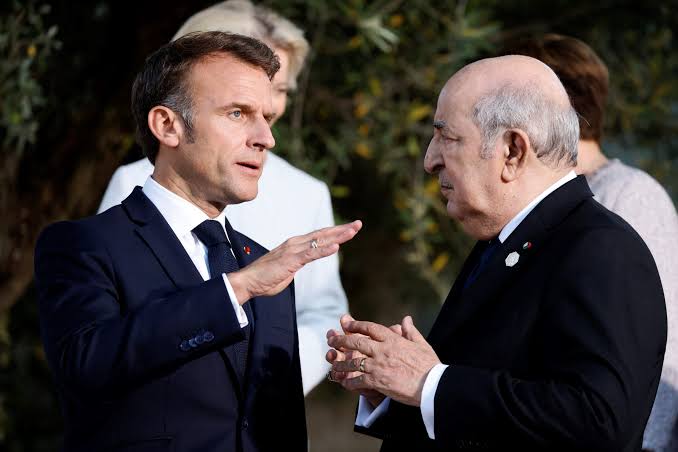
Faith Nyasuguta
The United States government will soon require citizens of Zambia and Malawi to pay a deposit of up to $15,000 when applying for certain tourist and business visas. The policy, announced by the U.S. State Department, is part of a new pilot program set to take effect on August 20, 2025.
The new rule affects applicants seeking B1/B2 visas – commonly used for business and tourism. Those found eligible during their visa interviews will be required to pay a bond of $5,000, $10,000, or $15,000, depending on the discretion of the consular officer. This move is designed to ensure that visitors from these countries comply with the terms of their visas and return home before their stay expires.
To fulfill the requirement, applicants will have to complete Form I-352, provided by the Department of Homeland Security, and make their payment through Pay.gov, an official online U.S. government platform. Notably, the bond must only be paid after being instructed to do so by a consular officer. Paying in advance or without instruction will not only be unnecessary but also non-refundable.

The U.S. government has clarified that paying the bond does not automatically mean a visa will be granted. Rather, the deposit serves as a compliance guarantee. If the applicant fully respects the visa conditions and leaves the United States on time, the full bond will be refunded. However, those who overstay or violate visa terms risk losing their bond and may face challenges with future U.S. visa applications.
In addition, travellers who post this visa bond will be limited to entering and exiting the U.S. only through three designated airports: Boston Logan International Airport (BOS), John F. Kennedy International Airport (JFK), and Washington Dulles International Airport (IAD). Entering or leaving through other ports may result in complications such as denial of entry or failure to properly document one’s departure – both of which can hurt future immigration prospects.
This move is part of a broader immigration crackdown by President Donald Trump’s administration, which has introduced tougher travel and visa rules since his return to office in January 2025. Trump has previously imposed travel bans affecting citizens of several African and Muslim-majority countries, including Nigeria, Eritrea, and Sudan. In total, citizens from 12 countries have faced outright bans, while partial restrictions have affected another seven nations.

Although the State Department insists that this visa bond policy is a temporary pilot program, it has drawn criticism from some African and global observers, who see it as a discriminatory financial barrier that could further isolate travellers from poorer nations. Some rights groups argue that such measures unfairly target African nations under the guise of security or compliance concerns.
Whether this visa bond scheme will be expanded to include more countries – or scrapped after the pilot – is still unknown. For now, citizens of Zambia and Malawi hoping to travel to the U.S. must prepare for this hefty new financial hurdle.
RELATED:







